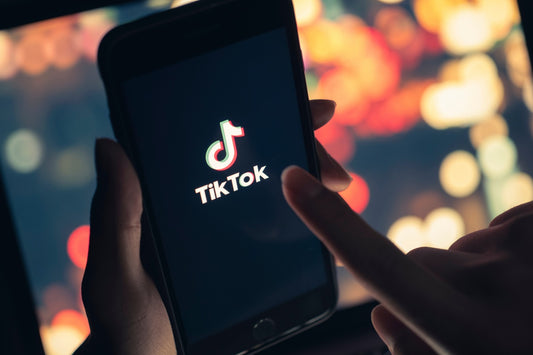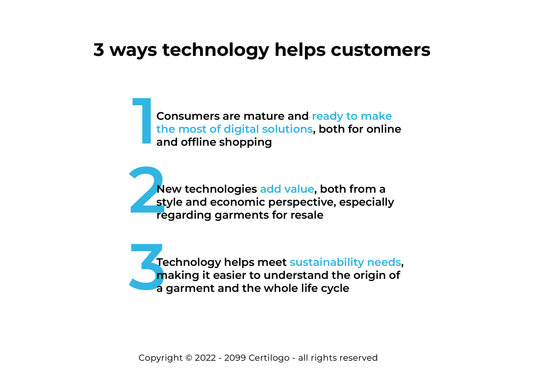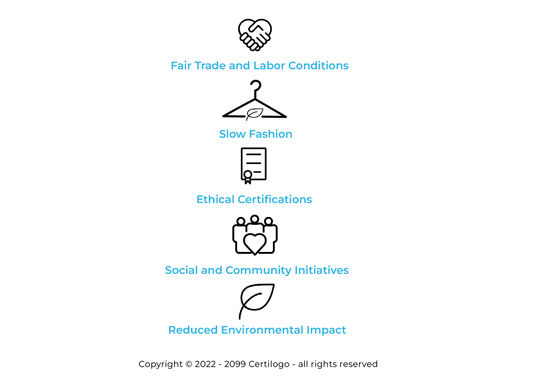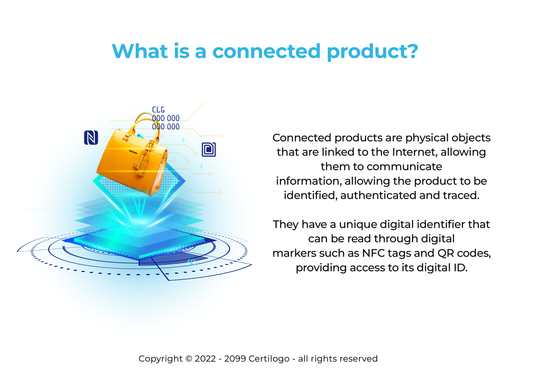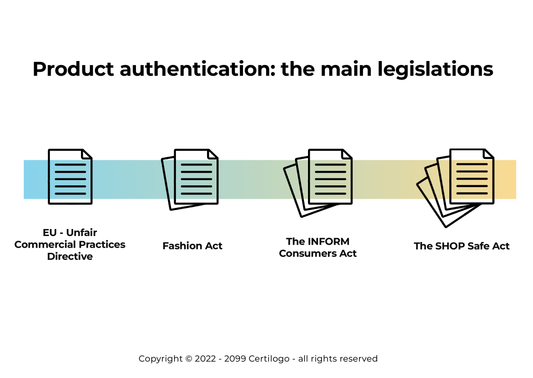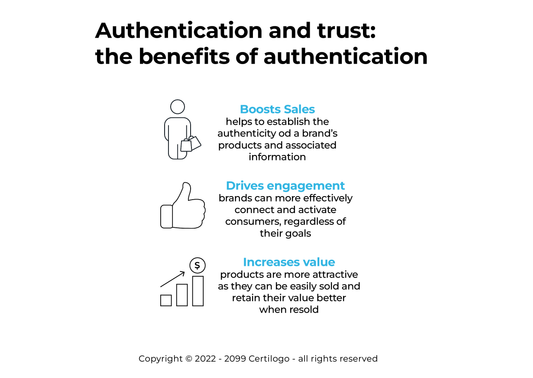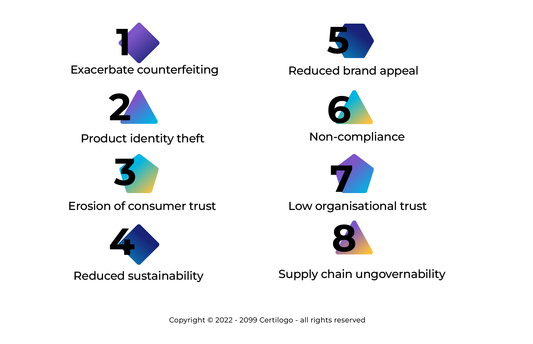TikTok dupes: unveiling the darker side of the latest social media craze
Sustainability, transparency and circularity: the state of play according to the Digital Consumer Behavior 2.0 report
Interest in ethical clothing is growing, is your brand keeping up?
The 4 factors that are accelerating adoption of digital IDs
Authenticity: Why consumers want product authentication
The sustainability paradox: slowing down to help us speed up sustainability
The legislation that means brands must adopt secure product authentication
How building trust drives sales
BAV - Brand Asset Value tool
8 major risks you face if your Digital ID is not secure


